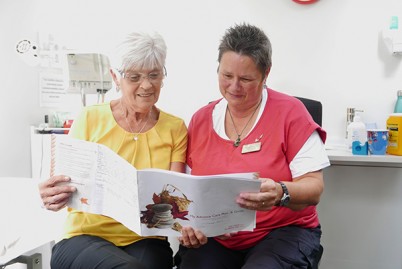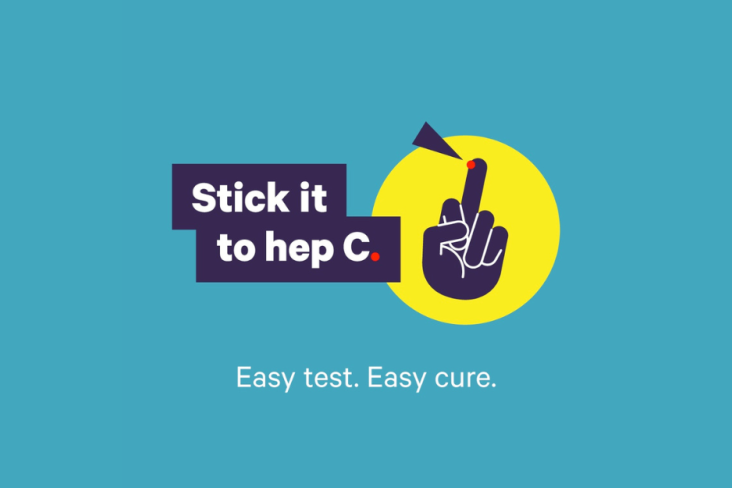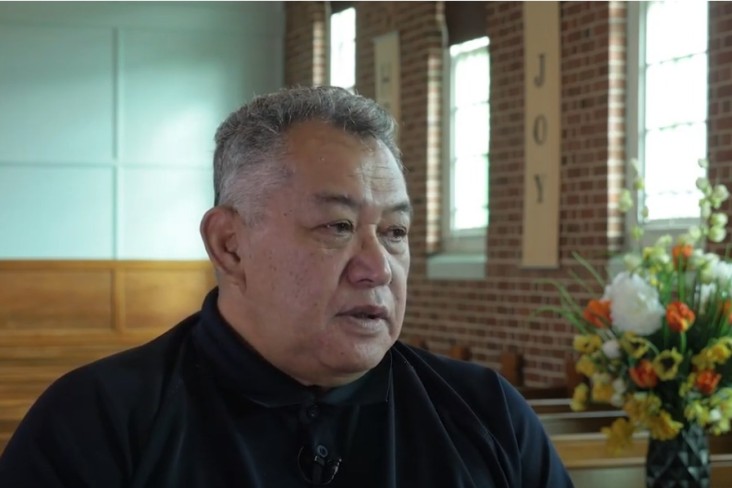Advance care planning gives everyone a chance to say what’s important to them. It helps people understand what the future might hold and to say what treatment they would and would not want. It helps people, their families and their healthcare teams plan for future and end of life care.
This makes it much easier for families and healthcare providers to know what the person would want - particularly if they can no longer speak for themselves.
Who should make an Advance Care Plan?
Everyone, regardless of their age or health condition to think about, talk about and share what matters to them for their future health care and document this in an ACP. Advance care planning conversations are for everyone. Advance care planning helps people take control of their own healthcare.
How do I make an Advance Care Plan?
Advance care planning can be done a step at a time at your own pace. The important steps are thinking about and talking about your wishes, writing them down and sharing them and reviewing them.
Why is it so important to have an Advance Care Plan?
Advance care planning gives everyone a chance to say what treatment they would and would not want, particularly for future and end of life care. Having your wishes in writing helps the important people in your life, and your healthcare team, if they have to make a decision on your behalf.
Who sees my Advance Care Plan?
ACPs are shared with a person’s GP, healthcare team and loved ones. It may be stored electronically, and accessible to members of your healthcare team. Once completed an ACP can be reviewed and changed at any time; reviewing a plan on a regular basis is encouraged.
Where do I get more information?
If you would like to read further information online about Advance Care Planning:
Website: www.advancecareplanning.org.nz
Email: info@advancecareplanning.org.nz
Liz Harris’s story
Making an Advance Care Plan (ACP) was a priority for Dunedin resident Liz Harris who suffers from a respiratory condition. Liz wants to make sure that her family and healthcare providers know what is important to her when she can no longer speak for herself and is encouraging everyone to make an ACP.
Liz’s mother didn’t have an ACP when she died and this highlighted the importance of having one in place for Liz. “We had to make decisions that we were unsure about as my mum had not told us her wishes. I don’t want that to happen to my family.” says Liz.
“For me, having an ACP in place is one of the most important things I need to do. It gives me peace of mind - it’s a gift to my family so they know my wishes and they don’t have to think about what I would have wanted.”



